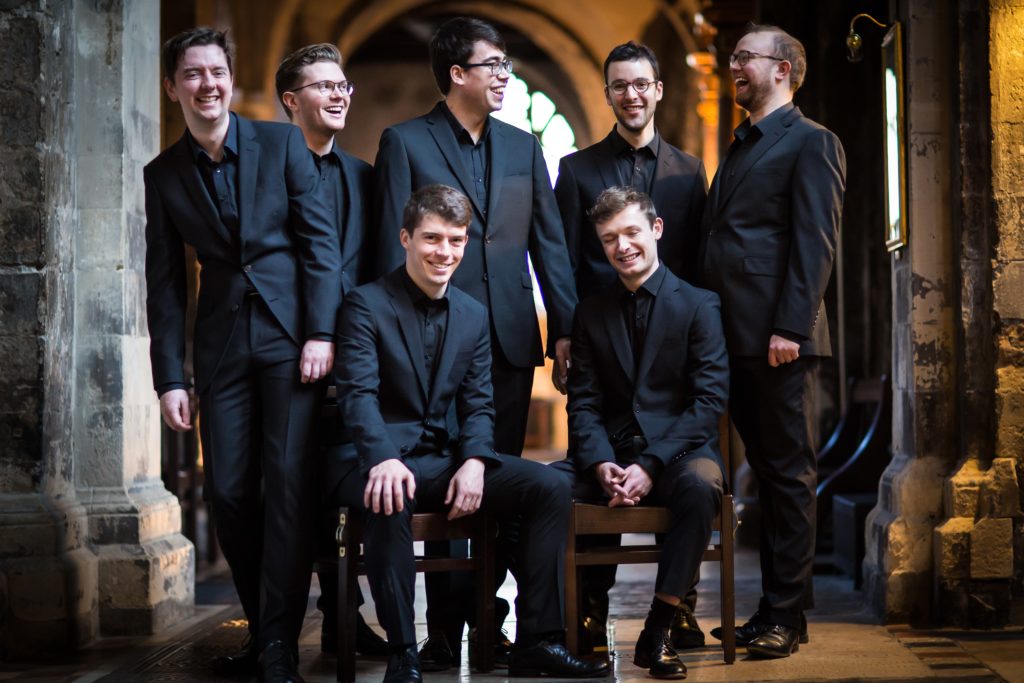
York Early Music Christmas Festival: The Gesualdo Six & Fretwork Viol Consort, Secret Byrd, National Centre for Early Music, York, December 2
THERE have been numerous commemorations of the 400th anniversary of the death of William Byrd this year. This was something else: imaginative, authentic and deeply moving. The singers of The Gesualdo Six and the viol consort Fretwork teamed up to present this opening salvo in the 2023 Christmas festival, a dramatised version of Byrd’s Mass for Five Voices.
When Byrd forsook the bright lights of London in 1593 and settled in the Essex village of Stondon Massey, he was close to the Byrd family’s native heath in Ingatestone, where he knew he could give his Catholic faith full rein.
He immediately set about composing three masses for private recusants there. The ‘Byrd Five-Part’, as it is colloquially known, was the last of the three, dating from 1595. It is written for good but not professional singers and represents the acme of his achievements in that deceptively simple style, one that ironically owes something to the cleaner, more homophonic material he had created for Protestant paymasters earlier in his career.
In this production by Bill Barclay, the audience was peripatetic, although able to sit if need be round the perimeter of what was originally St Margaret’s Church. There was a dining table set for eight on a central plinth from which the costumed Gesualdos (whose director is its bass, Owain Park) mainly performed. One of their number acted as priest and precentor and two audience members were invited to join them at table, where they sang from facsimiles.
The intervals between mass sections were filled with two six-part viol fantasias and an In Nomine from Fretwork, during which the singers circulated, made (silent) confessions or served vegetable soup to lucky punters. They sang the Benedictus on their knees.
Illumination was by candlelight (the exception was Fretwork’s electronic scores) and the air was faintly scented. So riveting was the vocal music that the audience remained completely still, moving only whenever the instruments started. Loud banging, as of government spies, resounded like rifle shots at the end of the mass – and candles were at once extinguished, adding to the secrecy.
There was the bonus of the Agnus Dei from the Byrd Four-Part, arguably the finest section from all his masses, which was beautifully shaped, matching the exquisite pianissimo of the five-part Agnus.
Thereafter the atmosphere lightened slightly with Byrd’s only pavan and galliard for viols, although there was a brief return to hair shirts with Infelix Ego (with viols entering at ‘Miserere’) and a happy concession to the season with ‘Haec Die’ (a grammatically correct title, although normally called Haec Dies).
This was the finest imaginable tribute to the great man. The singers blended superbly and Fretwork’s rhythmic verve brought the viol music to vivid life. Let us hope that all these commemorations lead to even wider appreciation of the most important figure of the English High Renaissance.
Review by Martin Dreyer
York Early Music Christmas Festival 2023 runs until December 9. Box office: ncemc.uk/yemcf/York Early Music Christmas Festival
